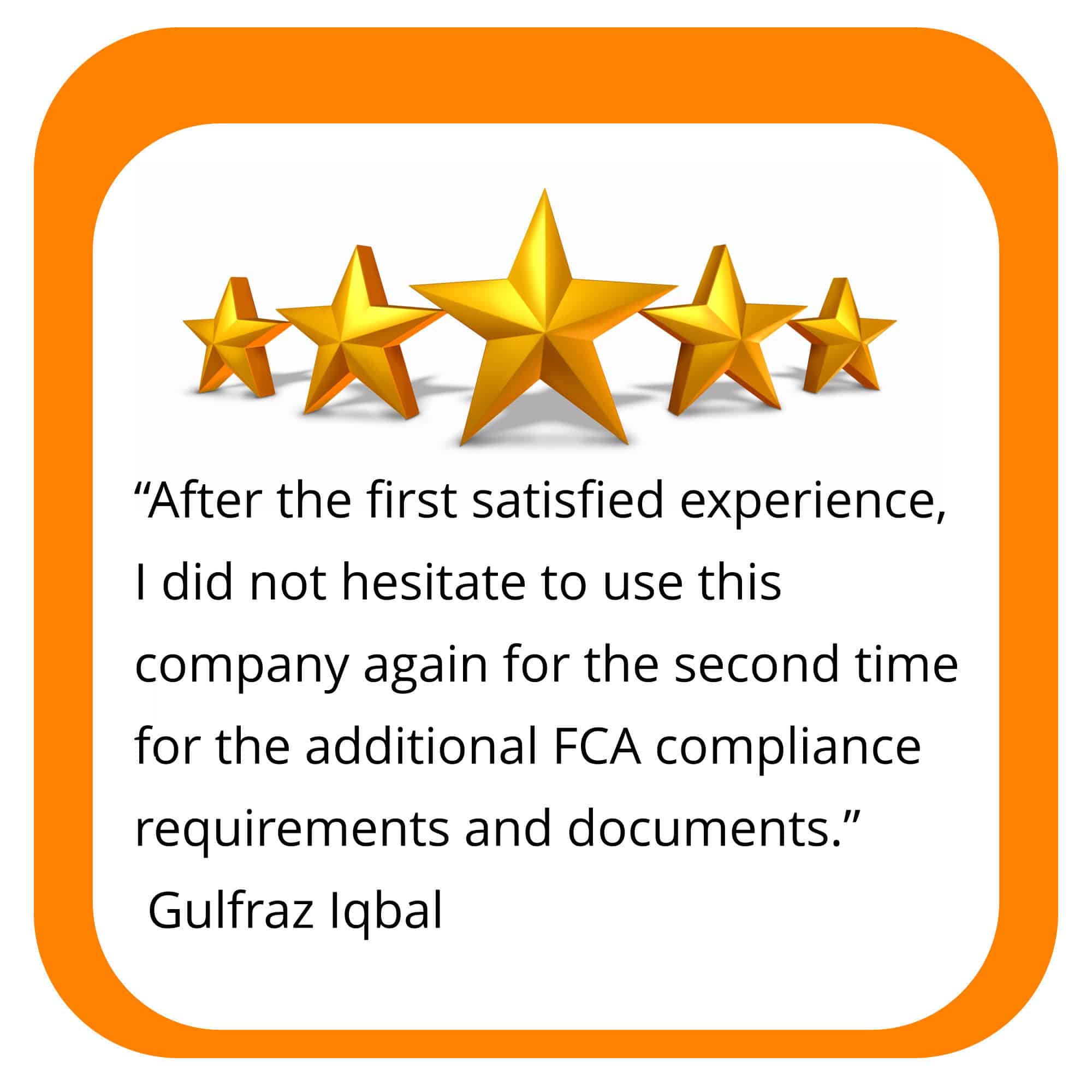Understanding FCA Complaint Handling Procedures
At Compliance Consultant, we recognise that adhering to the Financial Conduct Authority (FCA) guidelines for complaint handling is crucial for protecting consumers and fostering trust in financial services. The FCA’s Dispute Resolution (DISP) rules are designed to ensure fair treatment for consumers, allowing them to voice grievances effectively and receive appropriate responses.
The Importance of Effective Complaint Management
Implementing robust complaint management policies is not just about compliance; it signifies a commitment to excellent customer service. Firms must ensure that their complaint handling procedures are designed to meet regulatory requirements while also placing the interests of consumers at the forefront. This includes establishing clear processes for receiving, recording, and responding to complaints.
Things You Need To Do!

Key Components of FCA Complaint Handling
- Timely and Effective Responses
The FCA stipulates that complaints should be addressed promptly. Firms are required to respond to complaints within eight weeks, offering satisfactory resolutions or clear explanations as to why a complaint could not be upheld.
- Categorisation of Complaints
It’s essential to accurately categorise complaints for effective management and reporting. The FCA breaks down complaints into various categories, enabling firms to analyse trends and manage recurring issues.
- Root Cause Analysis (RCA)
Regular audits of complaint data enable firms to identify systemic problems within their operations. Implementing RCA processes helps in not just addressing immediate issues but also in preventing them from recurring.
- Data Recording and Reporting
Firms must maintain accurate records of complaints and ensure data integrity for FCA reporting. This involves establishing internal controls to ensure that complaints are both recorded and managed consistently.
FCA Complaints Handling: What Your Firm Needs to Know

To comply with FCA rules, firms must consider the following:
- Transparent Procedures: Ensure that consumers are aware of how to lodge complaints and the processes involved.
- Staff Training: Your team should be trained not only on the technical aspects of complaint handling but also on soft skills to manage customer interactions empathetically.
- Review Mechanisms: Regularly review your complaint handling policies and adapt them as necessary to improve efficiency and response times.
Strategies for Enhanced Complaint Handling
Create a Customer-Centric Culture
Fostering an environment where customer feedback is valued can significantly enhance your complaint management process. Encourage teams to treat complaints as opportunities for improvement.
Implement Technology Solutions
Utilising software solutions for complaint management can streamline processes, improve tracking, and enhance reporting capabilities. These tools can automate notifications and escalation procedures.
Continuous Monitoring and Improvement

Regularly monitor complaint data to identify recurring themes or issues. Use feedback to adjust procedures, training, and resources effectively.
Conclusion
Utilising FCA guidelines for complaint handling not only helps in regulatory compliance but also in building long-lasting customer relationships. At Compliance Consultant, we offer tailored solutions to enhance your complaint management system, ensuring you meet regulatory standards while prioritising consumer satisfaction.
If you have any issues with any of this FCA Complaint Handling detail, or want your procedures reviewed, please contact us on info@complianceconsultant.org or call
0800 689 0190 – Today!
Or complete the form below
We Independently Review And Respond To Complainants For You, Drafting Compliant Responses Based on The Data You Provide In The Client Files.
You May Also Find These Useful
FCA Complaints section https://www.handbook.fca.org.uk/handbook/DISP/1/3.html
Financial Ombudsman Service https://www.financial-ombudsman.org.uk/

